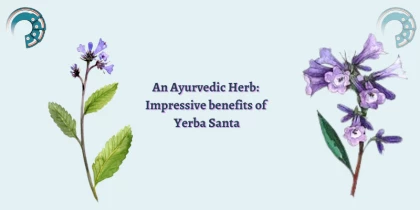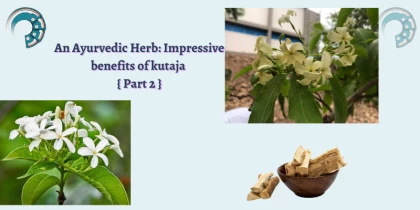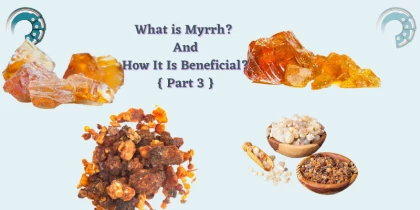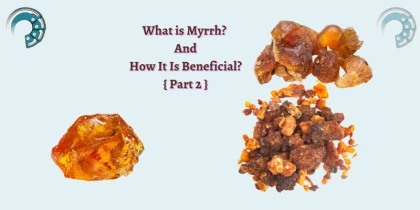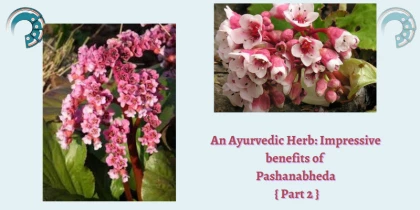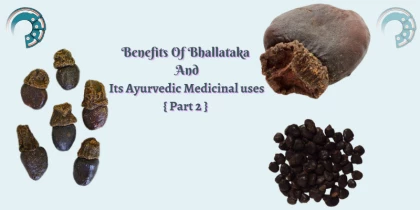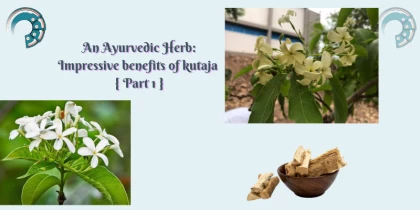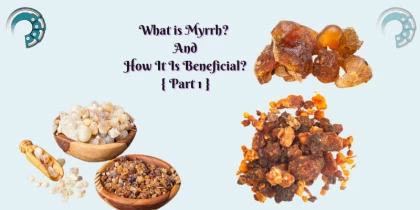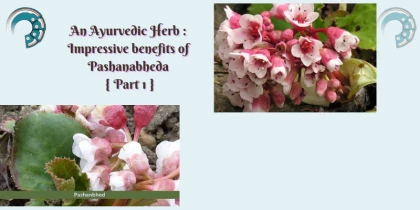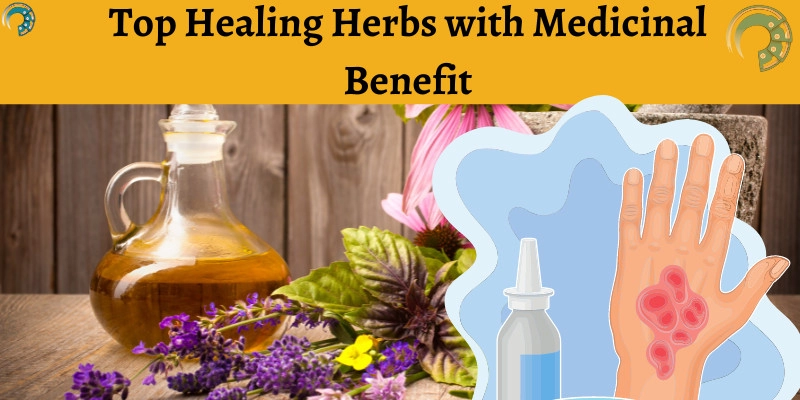
Top Healing Herbs with Medicinal Benefits
Horsetail
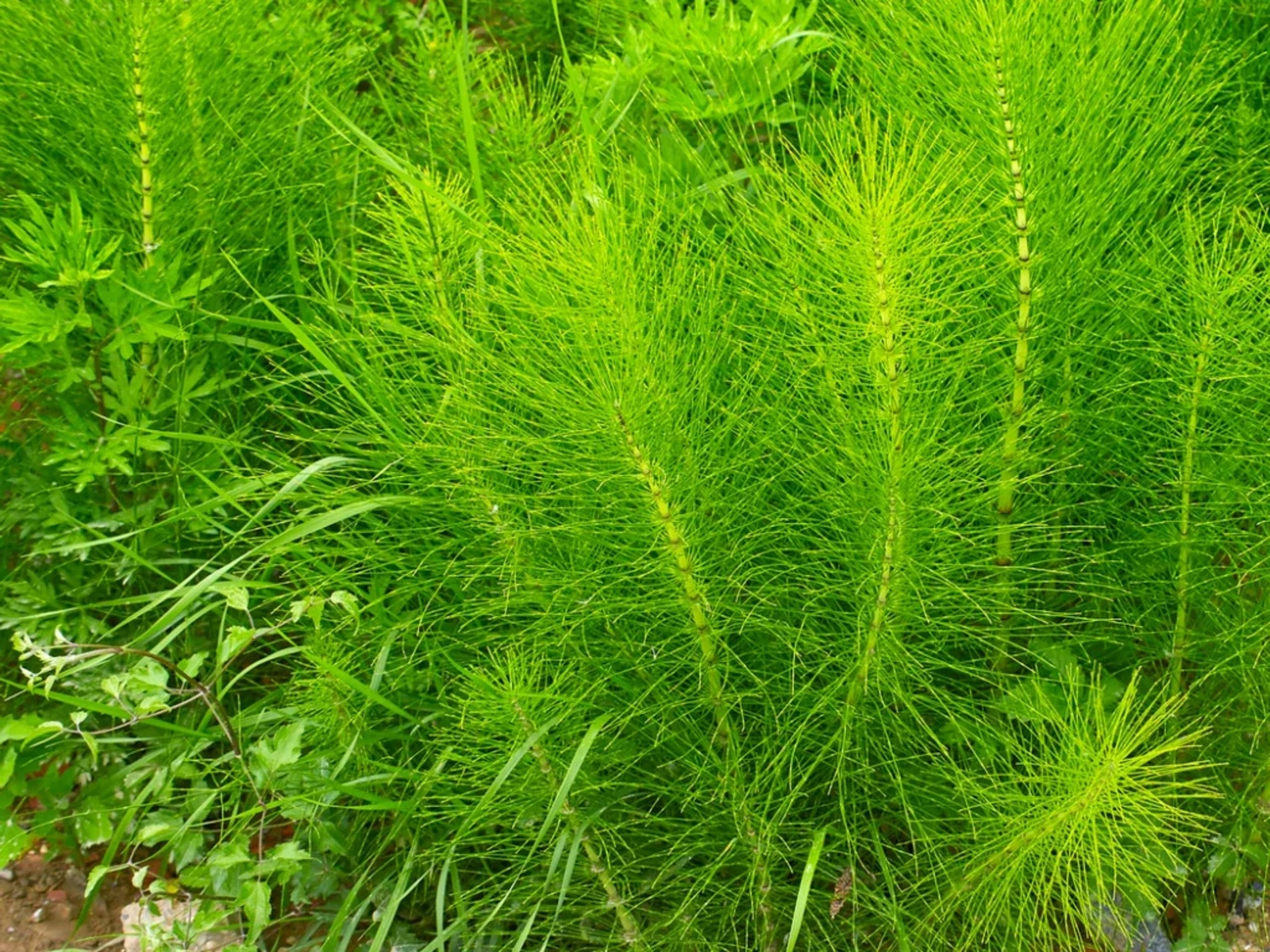 The high silica content in horsetail makes it an excellent natural remedy for healing wounds and scars. When applied topically, horsetail can help to speed up the healing process, decrease inflammation, and promote new tissue growth. The astringent properties of horsetail help to tone and tighten the skin, making it useful for treating conditions like loose skin and cellulite.
The high silica content in horsetail makes it an excellent natural remedy for healing wounds and scars. When applied topically, horsetail can help to speed up the healing process, decrease inflammation, and promote new tissue growth. The astringent properties of horsetail help to tone and tighten the skin, making it useful for treating conditions like loose skin and cellulite.
Horsetail is an herb that has a long history of medicinal use, dating back to ancient Greece. The plant is a type of fern, and its scientific name is equisetum arvense. Horsetail is rich in nutrients like silica, selenium, and zinc, which makes it a great natural remedy for a variety of skin problems. The plant contains high levels of silica, which is essential for healthy skin, hair, and nails. Horsetail also has anti-inflammatory and astringent properties, making it helpful in the treatment of eczema, psoriasis, and acne.
Marshmallow
 Freshly extracted juice of the marshmallow root is excellent for healing bruises, cuts, burns, and skin irritations. This can be attributed to the mucilage present in the plant. It forms a protective layer on the skin and keeps it hydrated. This way it also speeds up the healing process.
Freshly extracted juice of the marshmallow root is excellent for healing bruises, cuts, burns, and skin irritations. This can be attributed to the mucilage present in the plant. It forms a protective layer on the skin and keeps it hydrated. This way it also speeds up the healing process.
Marshmallow root is a natural emollient that helps in keeping the skin hydrated and soft. When used topically, it forms a barrier on the surface of the skin that prevents moisture loss.
Marshmallow root can also be used to treat other skin conditions such as eczema and psoriasis. Marshmallow root can help to fade out stretch marks and scars.
The herb has anti-inflammatory, antibacterial, and antioxidant properties that make it an excellent choice for treating dry skin and hair. Marshmallow root can be used topically or taken internally.
Chamomile
 Chamomile has anti-inflammatory and antibacterial properties that can help to cleanse and speed up the healing process of wounds. It can be applied topically as a compressor or taken orally as a tea. Chamomile contains several compounds that contribute to its healing properties, including apigenin, chrysin, and luteolin. These compounds have anti-inflammatory, antibacterial, and antioxidant effects.
Chamomile has anti-inflammatory and antibacterial properties that can help to cleanse and speed up the healing process of wounds. It can be applied topically as a compressor or taken orally as a tea. Chamomile contains several compounds that contribute to its healing properties, including apigenin, chrysin, and luteolin. These compounds have anti-inflammatory, antibacterial, and antioxidant effects.
There are a lot of benefits to chamomile, including the fact that it can help to moisturize skin. Chamomile has anti-inflammatory and soothing properties, which makes it ideal for helping to heal dry or irritated skin. It can also help to increase moisture levels in the skin, making it softer and smoother.
Lavender
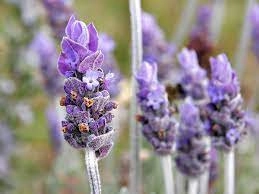 The use of lavender oil on skin promotes wound healing. Lavender oil acts by promoting the growth of collagen and boosting the tissue remodeling process involved in wound healing.
The use of lavender oil on skin promotes wound healing. Lavender oil acts by promoting the growth of collagen and boosting the tissue remodeling process involved in wound healing.
Lavender oil has numerous benefits for the skin, including its ability to cleanse and tone the skin, balance natural oil production, soothe inflammation, and heal wounds. Lavender oil is also effective in treating acne and other skin conditions. The presence of anti-inflammatory agents like linalool and linalyl acetate makes lavender effective in improving skin conditions like psoriasis.
Chickweed
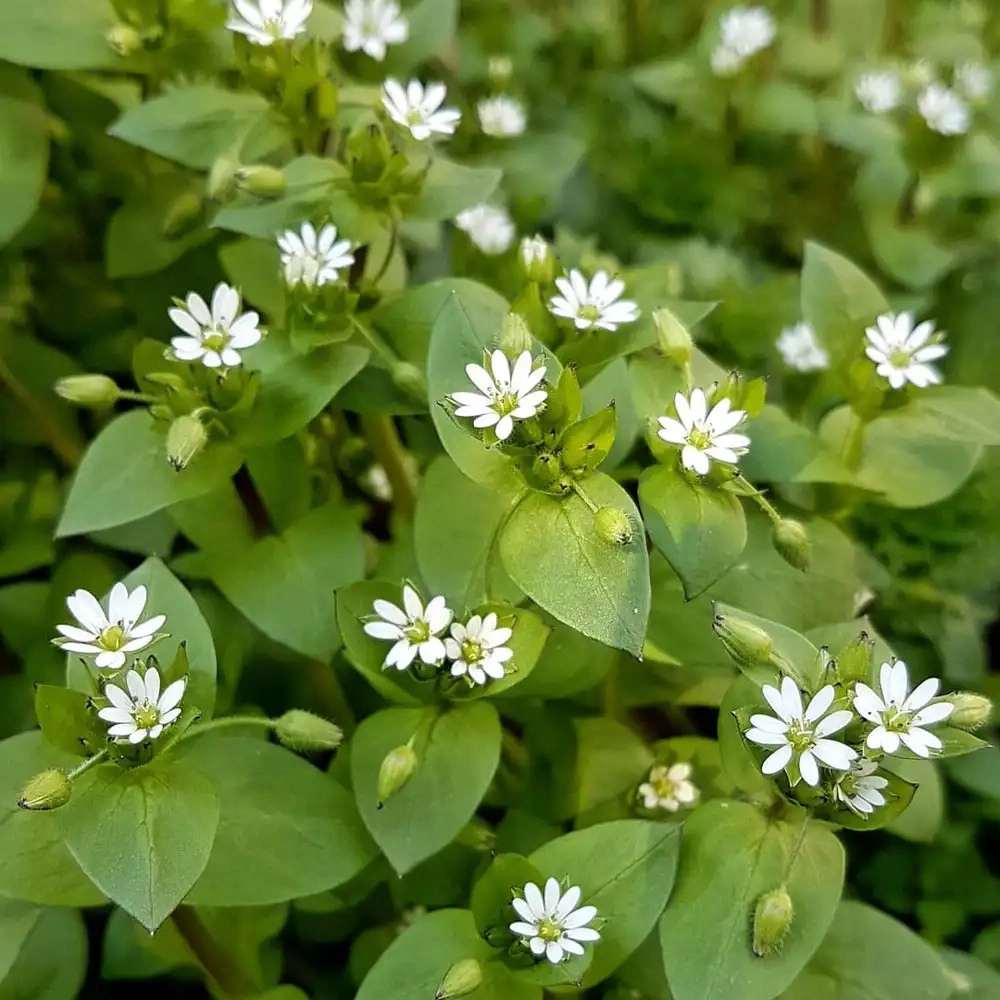 Chickweed can be used as a poultice to heal wounds, cracked skin, and rashes. All you need to do is crush the leaves to extract their juice and apply it to the affected area. Doing this regularly will speed up the healing process.
Chickweed can be used as a poultice to heal wounds, cracked skin, and rashes. All you need to do is crush the leaves to extract their juice and apply it to the affected area. Doing this regularly will speed up the healing process.
Chickweed is great for keeping the skin healthy. It can be used to treat eczema, psoriasis, and other skin disorders. Chickweed is also an anti-inflammatory, so it can help reduce the redness and swelling associated with these conditions. The herb is also a good source of antioxidants, which help protect the skin from damage caused by free radicals.
Chickweed can be used to treat everything from itchy skin to psoriasis and eczema. The plant’s tiny white flowers and small, dark green leaves are both edible and can be used topically. When made into a paste or ointment, chickweed can soothe rashes, insect bites, poison ivy, and other forms of irritation. It can also be added to baths to help relieve itchiness from dry skin.
Calendula
 Calendula oil’s ability to speed up the healing process makes it great for treating cuts and scrapes. This oil has been used for centuries to help speed up the healing process of cuts, scrapes, and burns. When applied to a wound, calendula oil helps to soothe inflammation and redness while promoting healing. It's also been shown to help reduce scarring. If you have a cut or scrape that's not healing well, give calendula oil a try. You may be surprised at how quickly it helps your skin heal!
Calendula oil’s ability to speed up the healing process makes it great for treating cuts and scrapes. This oil has been used for centuries to help speed up the healing process of cuts, scrapes, and burns. When applied to a wound, calendula oil helps to soothe inflammation and redness while promoting healing. It's also been shown to help reduce scarring. If you have a cut or scrape that's not healing well, give calendula oil a try. You may be surprised at how quickly it helps your skin heal!
Calendula oil is also an excellent beauty aid as it can help to improve your complexion, hydrate your skin, and diminish the appearance of scars and stretch marks. Calendula oil is also rich in antioxidant flavonoids which protect the skin from damage caused by free radicals. These flavonoids also brighten the complexion and give the skin a healthy glow.


